#Classic Fiction
Note
I know it wouldn't make a lot of sense, but I'm curious. How would you interpret a hypothetical crossover between Alice in Wonderland and Sherlock Holmes?
Oooh interesting!
Ok so, if Alice in Wonderland takes place in 1865 and Alice is 7, she'd be born in 1858, making her 4 years younger than Holmes, born in 1854.
(Conceding that the Alice in the story is a separate entity, then Alice Liddell, her real world inspiration, and so could have a different birth date)
So they're very much contemporaries, so a crossover is definitely possible without even much work.
Now, for the purposes of plot, when is the most interesting point for when could this crossover be taking place?
When they're both adults? So when he's already a consulting detective, and perhaps some sort of weirdness is going down around the old grounds of Alice's home where these portals to Wonderland and the Chesslands seem to be. Perhaps she disapeers back into them as an adult and he's hired by her family to try and figure out what's happened?
Or, maybe they knew eachother as children somehow? Alice Liddell was the daughter of a college dean, her counterpart could well be the same (given that the layouts of their homes are supposed to be described similarly one could make a case for a parallel)
So perhaps he crossed her path well at school and had some sort of strange childhood adventure that he later tried to rationalize, but still haunts him to this day?
I think whatever I'd do I'd like to leave the conclusion open as to wether the Dreamworlds of Alice are just that, dreams--or something greater going on. Let Holmes give a rationalish explanation if he can, but leave enough room for, "yes, but what if..."
#asks#Sherlock Holmes#alice in wonderland#literary classics#classic fiction#literary crossover#alice liddell#victorian fantasy#victorian fiction#alice through the looking glass
63 notes
·
View notes
Text
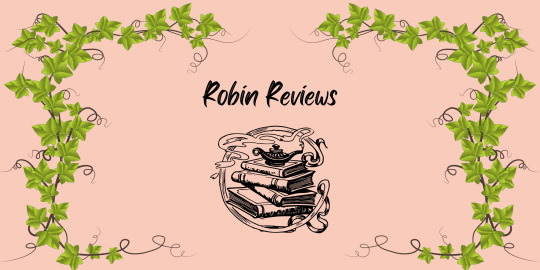
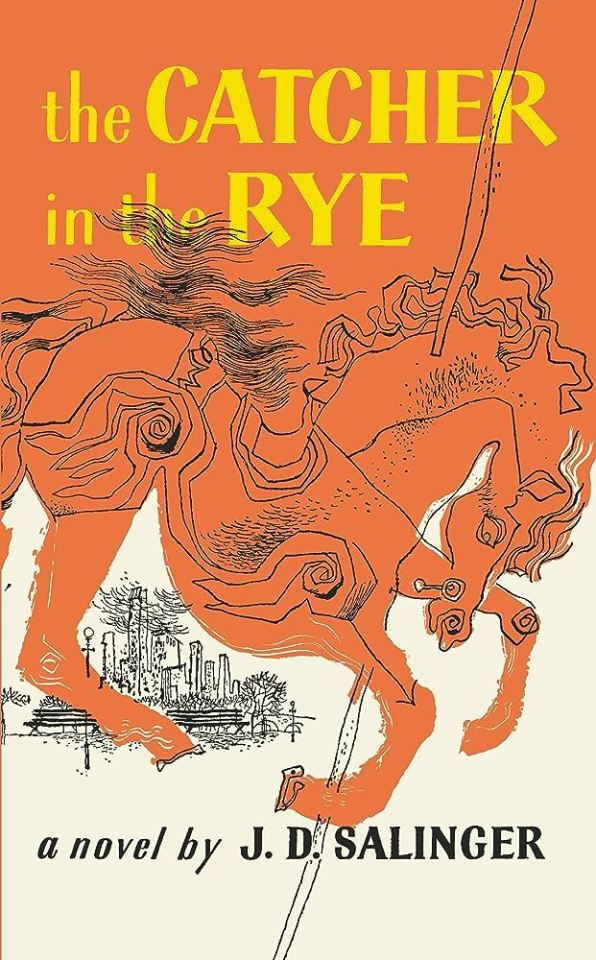
The Catcher in the Rye by J.D. Salinger
The hero-narrator of The Catcher in the Rye is an ancient child of sixteen, a native New Yorker named Holden Caufield. Through circumstances that tend to preclude adult, secondhand description, he leaves his prep school in Pennsylvania and goes underground in New York City for three days. -Storygraph
I can see why this book is such a divisive title when it comes to classic fiction. It's a work that has been dissected in many a high school classroom, which doesn't do any favors when it comes to appreciating classic fiction. When you spend hours in school brushing a fine tooth comb over something that you are forced to analyze and have some kind of deep opinion about, it's easy to start resenting the title solely because of the amount of work you have to put into it. Luckily, this wasn't something I had to read in school so I didn't go into it with any sort of negative feeling.
And of course, Holden Caulfield has become synonymous for edgy try hard male teens that feel like society has some sort of hidden beef with them and that they are tragically misunderstood to the point of constant woeful lamentation. That gives the book a bit of a disservice as, while Holden is a privileged upper class white boy living in New York City that definitely spends most of his time complaining and being terrible to women, his unlikability is kind of the point. Holden is not the model teen one should aspire to be. He's a hypocrite, displays multiple incidents of bigoted and misogynistic behavior, and generally hates and complains about everything. Absolutely no one in his life wants to be around him because of his attitude and overall personality. He's the result of what happens when someone goes through a great deal of grief and trauma and has had no support system or coping skills whatsoever.
Holden is haunted by his brother's death, experienced numerous implied sexual harassments/assaults, and has no positive relationships other than with his other, distant brother and younger sister. He's maturing in a world that does nothing for him, populated with artificiality and a constant squashing of innocence. He's aimless, floating around New York City not knowing what the hell to do or where the hell to go. When he wants something, he goes and gets it, only to realize he never really wanted it. He's so lost in this path to adulthood and it's easy to see the fear and resentment he has towards the process. I think everyone who has ever been a teen can relate to that, feeling so adrift in a world that doesn't really care for them and desperately clinging to things that haven't been warped by its malice.
Ultimately, I think I enjoyed this book. I liked finally being able to dissect a character that is practically infamous for his teen angst and I can't really say that I'm surprised when I found out that all of that unlikability is coming from a sad place. The writing style feels exactly how a teen would write, which isn't going to appeal to everyone. Honestly, it's a hard book to like, and it's not for everyone, but for those willing to put up with a lot of angst and read a little bit beyond the surface level, you make get a little something out of it.
(4/5)
#the catcher in the rye#j.d. salinger#classic literature#classic fiction#classic#reviews#book reviews
20 notes
·
View notes
Text

“The world is changed because you are made of ivory and gold. The curves of your lips rewrite history.” 💋 - Oscar Wilde
#oscar wilde#classic lit#classic books#classic literature#gothic literature#booklr#dark acadamia aesthetic#dark academia books#dark academia#book blog#reading#books i recommend#book quotes#books i've read#light acadamia aesthetic#light academia#classic fiction
103 notes
·
View notes
Text

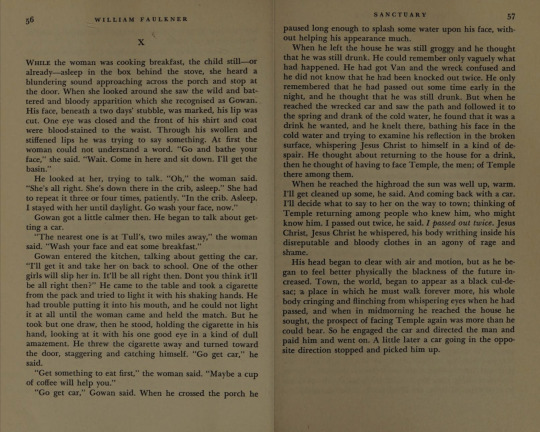
Sanctuary, a novel by William Faulkner. (New York: Jonathan Cape & Harrison Smith, [1931]. First edition, first printing.)
#novel#fiction#literature#literary work#American novel#American fiction#American literature#classic literature#classic fiction#American author#American novelist#American writer#William Faulkner#Sanctuary#book cover#book excerpt#rape#abduction#crime
4 notes
·
View notes
Text

#Dorothy L. Sayers#Lord Peter Wimsey#mystery#books#book#reading#read#coffee#coffee mug#blue#photography#photographers on tumblr#original photography#booklr#old books#classic fiction
20 notes
·
View notes
Photo

EPISODE 22 - FINALE, PART 3: H.G. WELLS' HOUSE PARTY FOR HONOURED GUESTS (PLUS DOYLE)
The final installment has arrived! We hope you've enjoyed this trip through time...
Click the link to listen, or find us wherever you get your podcasts: https://podcasters.spotify.com/pod/hg-wells-has-his-regrets
#hg wells#HG Wells Has His Regrets#hgwhhr#classical literature#classic fiction#classical authors#podcast#podcasting#time machine#indie podcasts#uk podcasts#uk audio drama#uk audio fiction#audio drama#audio fiction#podernfamily#audio drama recs#sci fi#science fiction#time travel#sir arthur conan doyle
13 notes
·
View notes
Text
“Those who find ugly meanings in beautiful things are corrupt without being charming. This is a fault. Those who find beautiful meanings in beautiful things are the cultivated. For these there is hope. They are the elect to whom beautiful things mean only Beauty. There is no such thing as a moral or an immoral book. Books are well written, or badly written. That is all.”
― Oscar Wilde, The Picture of Dorian Gray.
#the picture of dorian gray#oscar wilde#new books#booklr#books#bookblr#fiction#book#quotes#book quotes#quotations#quote#book quote#bookworm#books & libraries#booklover#book blog#classics#classic fiction
142 notes
·
View notes
Text
If Maggie Tulliver was around in the 2000s she would have loved My Mum Sold Me To One Direction™ fanfic. No, I won't expand
4 notes
·
View notes
Text
Review: The Black Cat
★★★★★ - 5 stars
"For the most wild, yet most homely narrative which I am about to pen, I neither expect nor solicit belief."

One of Poe's most sinister, yet amazing gothic masterpieces: The Black Cat is an introspective and twisted tale of animal cruelty, murder, and domestic violence. It tells the story of a man who grows to resent his pet cat through bitter self-hatred and remorse from his alcohol addiction and soon turns to dark means to rectify the annoyance of the cat's presence. Through the first-person narrative of a man with an addiction to alcohol that is just as strong as his life-long obsession with animals, Poe discusses the grim darkness of humanity caused by our bad habits. He forewarns his readers against drinking alcohol and raises questions of where the line between sanity and insanity lies. Though not extremely graphic, this short piece will have you on edge, disgusted by what you are reading, and simultaneously unable to put it down for a single second. A psychologically uncomfortable and eerie creation, The Black Cat is a perfect short story to curl up with as we check off the days until Halloween.
#the black cat#horror#short story#short story review#edgar allan poe#poe#horror fiction#halloween#spooky#spooktober#halloween reads#october reads#creepy reads#creepy short story#horror short story#animal cruelty#murder#murder story#classic fiction#book review#books#book blog#booklr#readblr#book reccs#book recommendations#bookaddict#bookblr#bookworm#books and reading
6 notes
·
View notes
Text
“There is a luxury in self-reproach. When we blame ourselves, we feel that no one else has a right to blame us. It is the confession, not the priest that gives us absolution.”
-The Picture of Dorian Gray, Oscar Wilde
6 notes
·
View notes
Audio
Listen/purchase: The Strange Case Of Dr. Jekyll And Mr. Hyde by Gutenberg Digital
#bandcamp#the strange case of dr. jekyll and mr. hyde#Robert Louis Stevenson#Audiobook#Horror#classic fiction
10 notes
·
View notes
Text
#unhallowedarts "Try to be Civil, Marlow" - Joseph Conrad's "Heart of Darkness"

“We live as we dream--alone....” (Joseph Conrad)
He did turn fresh-water sailor himself once, after sailing the seven seas for 15 years, finally making “master” on the barque “Otago” of the British Merchant Navy, carrying goods on the South Australia run back in the late 1880s. The Polish-born skipper of a riverboat steaming up the Lualaba towards the Belgian government station at Kisangani below the Stanley Falls found the grave and the tale of a bad white man gone to worse in Central Africa, in the hell of King Leopold II’s so called Congo Free State. It might be that the aspiring author had heard the enthralling voice of Mr Kurtz there for the first time. Almost a decade later, when the jolly tar brought his experiences to paper, the voice had received the superstructure of a Nietzschean Übermensch, the psychological abyss of Dostoevsky’s outré protagonists and Captain Ahab’s hubris. A man who founders in the Heart of Darkness, the distorting mirror Africa had become for Europe’s cloud-cuckoo-land at the end of the long 19th century. The only remedy against things falling apart, the centre that just might hold, were the seamannish virtues of the tale’s narrator, idealised by its author, Joseph Conrad. But Conrad always was a novelist who went to sea instead of a seaman who became an author.

Many of Conrad’s tales might look like tarry, rough handed sailors at first acquaintance, but they soon take on the guise of Marlow, his narrator oftimes, sitting on deck of the Nellie riding at anchor in Gravesend, spinning his yarn, with “sunken cheeks, a yellow complexion, a straight back, an ascetic aspect, and, with his arms dropped, the palms of hands outwards,” resembling “a Buddha preaching in European clothes and without a lotus-flower. And no balm in Gilead either. “Heart of Darkness” barrages the reader with imagery from Dante to the more sinister aspects of Greek mythology along with the cold and lofty heights of contemporary European literature. A climate no one escapes alive. Or at least not sane. “He cried in a whisper at some image, at some vision—he cried out twice, a cry that was no more than a breath:
“‘The horror! The horror!’”
But then, Conrad’s Africa is a distorting mirror all by itself and the novelette is not so much describing things as they were – even though Conrad manages to do that well enough. The “Heart of Darkness” is not discovered in foreign climes but too close for comfort and travelling on an actual river might never be the same after reading Conrad, the tale told is a Campbellian journey inwards.
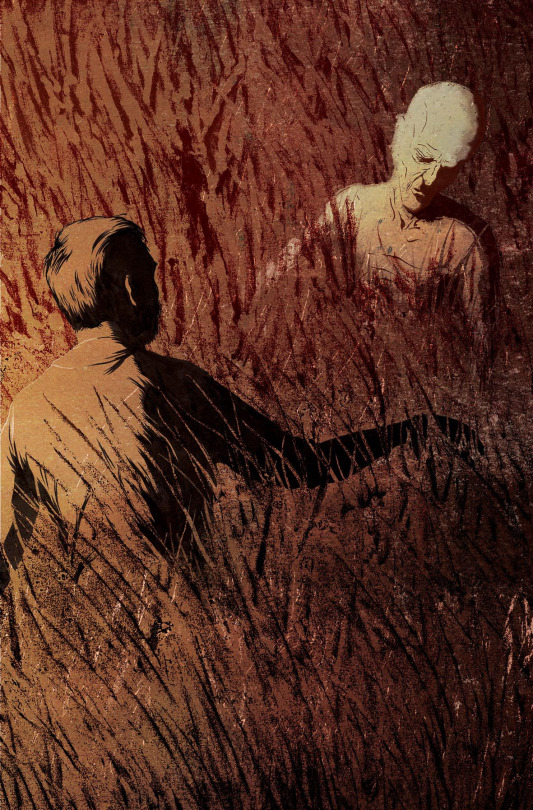
He indulged himself in the abyss of the human soul, seen and heard in Conrad’s work, but very rarely voiced in single arias with all highs and lows, standing out from the choir of highly polyphonic arrangements, like Dostoevsky’s. It’s a horror, and that’s that. With a surprisingly simple remedy: “Try to be civil, Marlow“, despite the tragédie humaine Conrad usually narrates. And while his matchless prose with all its Gallicisms, Polonisms and artificially wonderful word and grammar structures and creations no native speaker could come up with remains unrivalled, his influence, at the very least through his rich imagery. Seen and distorted into Symbolist visions, garnished with enchanting, often disturbing and sometimes misleading adjectives, a realist author with a very, very deep cargo hold.
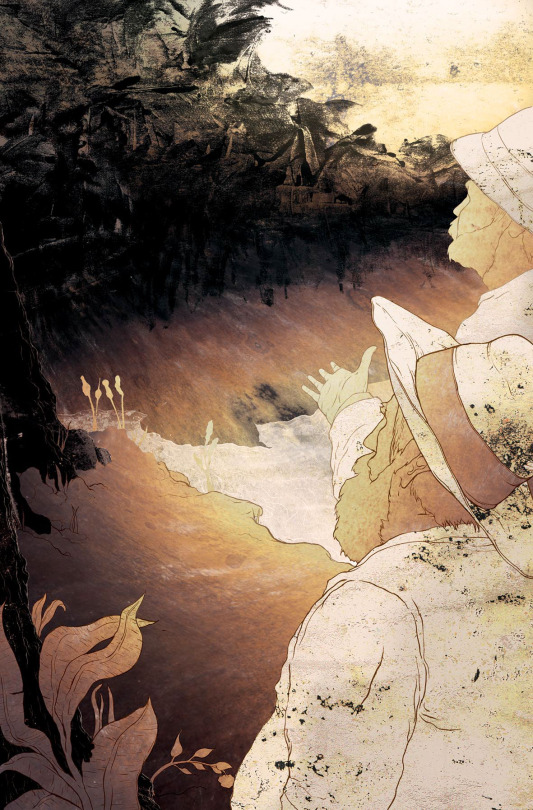
All images above were created by Sean McSorley for the Folio Society's 2014 edition of Joseph Conrad's "Heart of Darkness", a gem that can be acquired following the link below - and where McSorley excellent - and quite congenial - artwork was nicked from.
#unhallowedarts#dark literature#dark aesthetic#classic fiction#classic literature#joseph conrad#heart of darkness
9 notes
·
View notes
Text
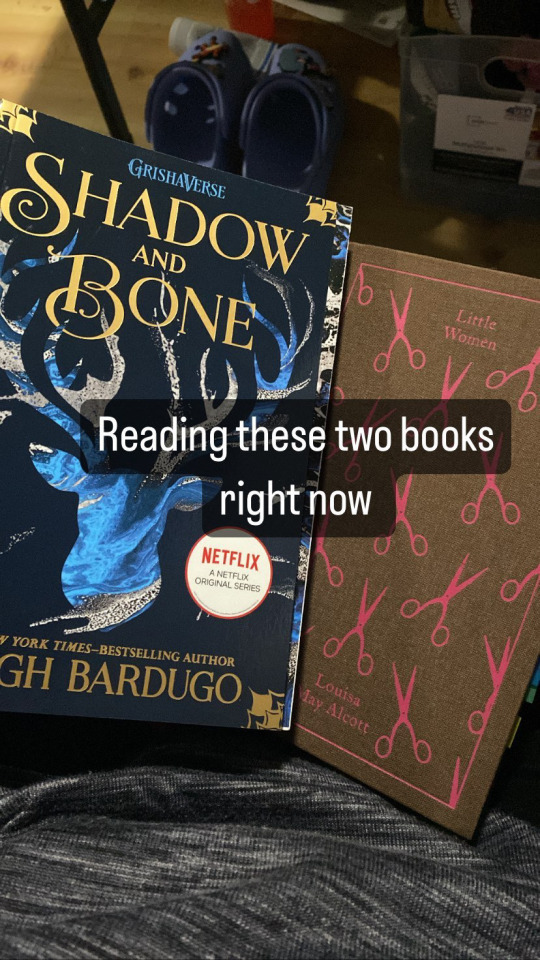
05.30.23// It’s looking like I won’t finish a book this month, Little Women turned out to be a bit much for me. I’m not the most focused reader after all, and I’m pretty slow. While I didn’t give up on it, I did decide to take a break from it.
Which in turn reminded me of a piece of advice I came across some time ago that I’d like to share now.
When reading two books, a good rule of thumb is to read books in different genres - two books that will most likely be vastly different from each other. This way the events in one book don’t get mixed up with the other. I don’t have that much trouble with keeping the events in books straight in my head, but the advice is still helpful. Personally I found it to be more helpful in keeping me interested in both books. Sometimes you just need something different or easier.
#bookish#bookworm#bookblr#book blog#fiction#shadow and bone#leigh bardugo#little women#classic fiction#louisa may alcott#reading habits#booklover#reading advice
2 notes
·
View notes
Text
“We must admit the dignity of the woman. My word—with that beauty of hers,and her character —what might she not have been! Ofcourse my justification lies in her own conduct ,that is quite clear ; and then to go away with that fellow Rogojin, it was all ephemeral—alromance,ofcourse,—I know,but think of her education,her beauty—all--and now she’s utterly ruined!" And Totski sighed deeply”
-F. M. Dostojevski “Idiot”
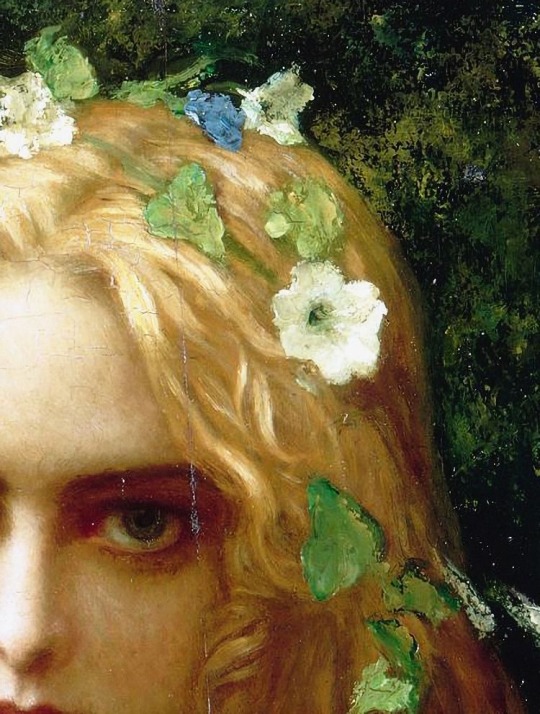
What I might be, could have already become, if only i started what I know I should do, and stopped what i know I shouldn’t be doing
6 notes
·
View notes
Photo
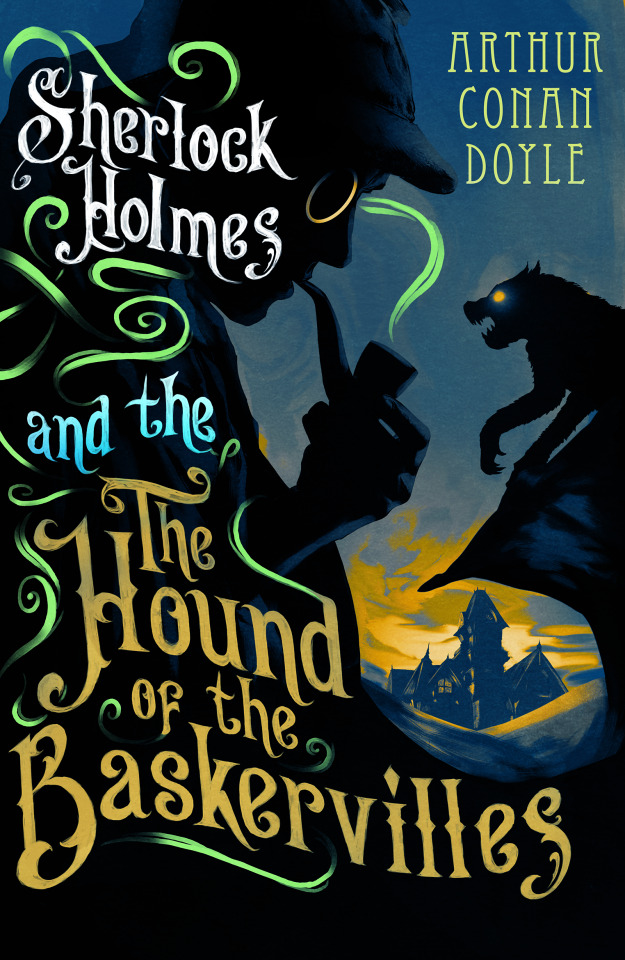
Just read this. Has a great spooky atmosphere to it. When it was originally published, it came out in serial form, with the chapters in magazines released each week. Rather like nowadays we watch tv shows, where there’s a cliffhanger at the end of each episode, making us return next week for the next bit. It must’ve been ace to read like that in 1890 [or whichever year it was this came out]. But it’s still terrific to this day; real pacey, addictive reading. Good show.
[Arthur Conan Doyle’s old Edinburgh house used to be just down the road from where I live. It was right next to my old primary school. They knocked it down, sadly, about ten years back. But they replaced it with a GP; so at least it wasn’t fancy flats or anything stupid.]
3 notes
·
View notes
Text
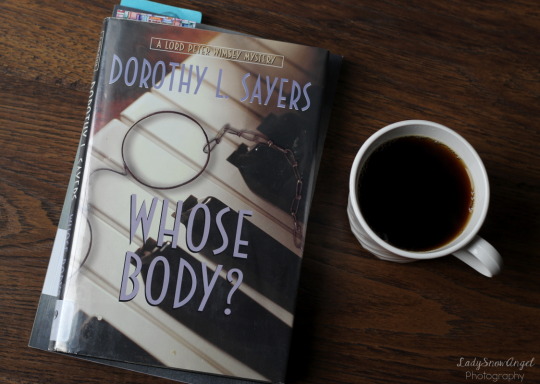
Read in March: Whose Body? by Dorothy L. Sayers
#Lord Peter Wimsey#Whose Body?#Dorothy L. Sayers#coffee#book#classic fiction#reading#read#read in 2023#coffee mug#black coffee#book photography#photography#booklr#library book
24 notes
·
View notes